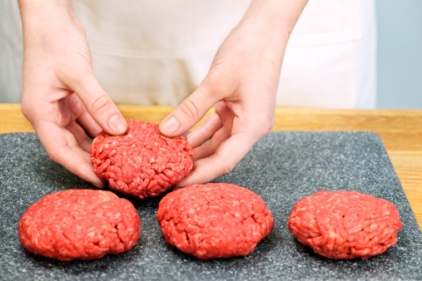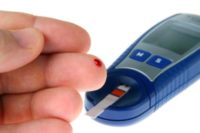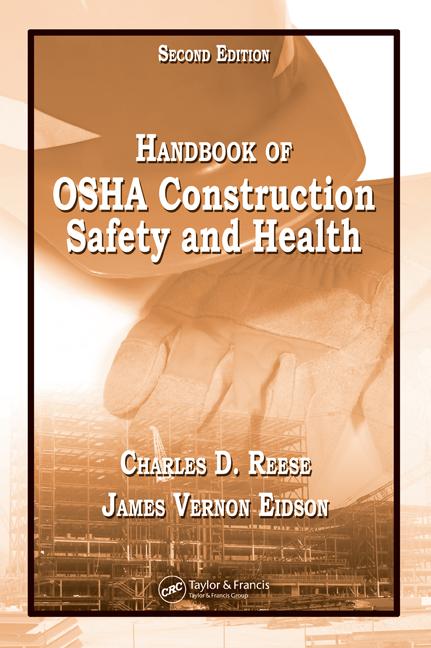Five steps to avoiding hidden health hazards of cookouts & campfires

 In time for the start of grilling season, experts at the American Institute for Cancer Research (AICR), an organization that studies the impact of lifestyle on cancer risk, issued a warning about the hidden health hazards of cookouts and campfires.
In time for the start of grilling season, experts at the American Institute for Cancer Research (AICR), an organization that studies the impact of lifestyle on cancer risk, issued a warning about the hidden health hazards of cookouts and campfires.
"Research now shows that diets high in red and processed meat increase risk for colon cancer," said AICR registered dietitian Alice Bender. "And grilling meat, red or white, forms potent cancer-causing substances. But by keeping five simple steps in mind, it's possible to make this summer's backyard grilling both healthier and more flavorful."
Step One: Mix Up the Meat
The first thing to understand is that what meat you choose to grill is just as important as how you grill it. However you prepare it, diets high in red meat (beef, pork and lamb), are linked to increased risk for colon cancer. Even small amounts of processed meat (hot dogs, sausages) cause risk to inch up.
So don't get stuck on steak, burgers and franks; get creative with fish and chicken, using spices, herbs, hot peppers and sauces to dress up tender chunks of white meat.
Step Two: Marinate, Marinate, Marinate
Charring and cooking meat, poultry and fish under high heat causes compounds called heterocyclic amines (HCAs) and polycyclic aromatic hydrocarbons (PAHs) to form. These substances have shown the ability to damage our DNA in ways that make cancer more likely.
Studies have shown that marinating meat, poultry and fish for at least 30 minutes can reduce the formation of HCAs. Using a mixture of vinegar, lemon juice or wine along with herbs and spices seems to be the key. Scientists are still investigating precisely how these marinades help lower HCAs, but it's possible that compounds in these ingredients are responsible.
Step Three:Partially Pre-Cook
PAHs are deposited onto the meat by smoke. So by reducing the amount of time meat spends exposed to flame by first partially cooking it in a microwave, oven or stove, you can reduce the amount of PAHs you ingest.
(Be sure to place the partially cooked meat on the preheated grill immediately. This helps keep it safe from bacteria and other food pathogens that can cause illness.)
Step Four: Stay Low
Cook the meat over a low flame. Doing so can reduce the formation of both HCAs and PAHs, and help keep burning and charring to a minimum.
Reduce flare-ups by keeping fat and juices out of the fire: cut visible fat off the meat, move coals to the side of the grill and cook your meat in the center of the grill. Finally, cut off any charred portions of the meat before serving.
Step Five: Throw Some Color on the Grill
Colorful vegetables and fruits contain fiber, vitamins and naturally occurring compounds called phytochemicals. These substances add anti-cancer action to your backyard bash. And by loading up on plant foods, you can cut back on red and processed meats.
Try onions, zucchini, eggplant, bell peppers or tomatoes in thick slices on the grill, in a grill basket or in chunks for kebabs. Another favorite: corn on the cob. Grilling brings out the sweetness in veggies, so even reluctant veggie eaters can find something to love.
You can find tips and recipes for healthier grilling at aicr.org/enews
The American Institute for Cancer Research (AICR) is the cancer charity that fosters research on the relationship of nutrition, physical activity and weight management to cancer risk, interprets the scientific literature and educates the public about the results. It has contributed more than $96 million for innovative research conducted at universities, hospitals and research centers across the country. AICR has published two landmark reports that interpret the accumulated research in the field, and is committed to a process of continuous review. AICR also provides a wide range of educational programs to help millions of Americans learn to make dietary changes for lower cancer risk. Its award-winning New American Plate program is presented in brochures, seminars and on its website, www.aicr.org. AICR is a member of the World Cancer Research Fund International.
Looking for a reprint of this article?
From high-res PDFs to custom plaques, order your copy today!






